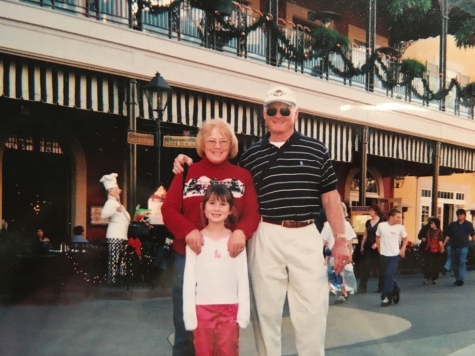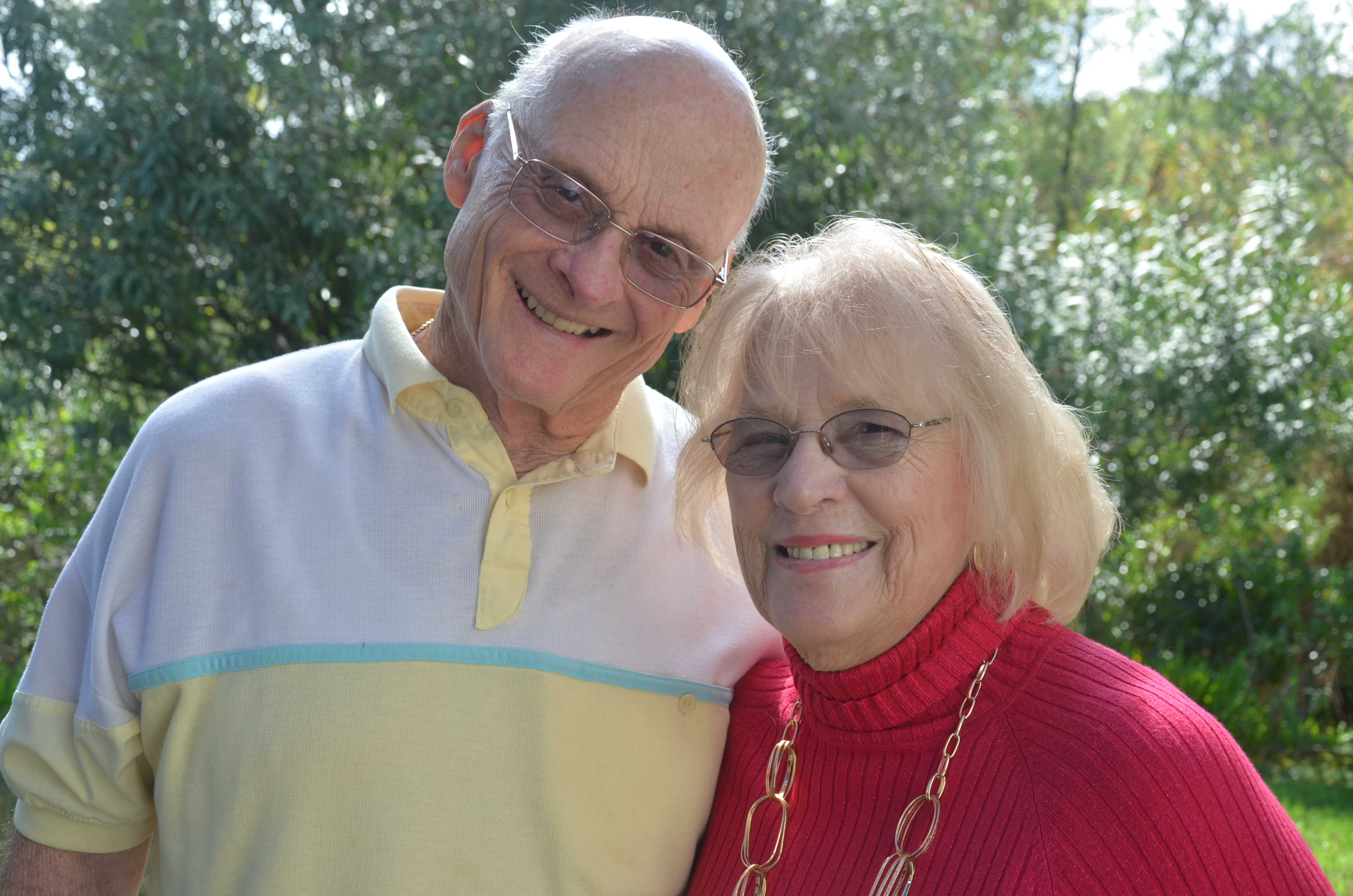My grandmother speaks vividly of life’s adventures, recounting details most lose with age—styles of brothers’ shorts, colors of Easter hats and childhood prayers recited in front of the fireplace. She recalls in similar sentiment the gentleness of her mother’s fingers knitting Christmas presents for 12 children and the clammy hands that clutched her small arms as Axis bombers flew overhead. A childhood lived, in part, under the dining room table and school desks, learning to hide from the worst. For all tragedy of WWII, my grandmother adored the American soldiers who shared chewing gum and oranges with the children of her rural British town. Now, 80 years later and decidedly settled in Northern California, she leaned back on her floral couch and shared stories of youth—of younger years tinged with travel, chance love and unlooked for peace.
Born in the late 1930s, her adventurous spirit transcended the bounds of rural Britain. A childhood defined by the company of 11 brothers and sisters, she pined for a chance at the American dream—for love. She flew to Ellis Island, passed immigration, and continued onward to Los Angeles, CA. She met my grandfather, a singer in a traveling trio called the Shows Brothers, amidst the glitz of Hollywood stardom. She eventually settled down in Santa Monica, awed by Southern California’s temperate climate and bustling activity, and fully assimilated to American culture.
Growing up five minutes from my grandmother’s later home in Northern California, her stories, cooking and delightful smile live warmly in my memory. Though my childhood was stable, loving and sedentary, I nonetheless inherited my family’s generational longing for movement—forward momentum, travel. My father travelled cross-country to serve in the Marines. My mother left Missouri at age 16, setting course for the promise of sunny California. So, I turned 18 and enrolled in university in Washington, DC. As weeks to departure turned to days, I became uncharacteristically lethargic with no readily-apparent cause. FedEx boxes remained unpacked. To-do lists left unchecked. Suitcases laid open with semi-appropriate attire thrown hastily inside.
My grandmother sensed my private struggle. She gently tapped my hand and brushed a stray blonde hair from my face, preparing to recount the less-glamorous, vulnerable reality of long-term separation from home.
Yes, she longed for greater economic and romantic opportunity in the States. Yet, pervasive homesickness and a lingering sense of loss, isolation and distance colored her early years from home. “If one person had asked me to stay,” she admitted, “I never would have left [Britain]. But nobody did.” Once settled in Southern California, she conversed weekly with family in Britain via air mail, sharing newspaper clippings, candy cigarettes and handwritten letters to maintain some cherished closeness.

The privileges of modern air travel and high-speed internet create greater opportunity to maintain my grandmother’s cherished “closeness of families” across long distances. Yet, after returning home from DC, I understood my grandmother’s ongoing struggle—her longing for change meant accepting a temporary loss of bearing and being.
In my life, Washington, DC provided intellectual challenges, peer support and urban adventures to satisfy my inherent desire for change and movement. Yet, chat bubbles could never replace a hug. I maintained rich, complex relationships in California with shoestring text messages and emotional phone calls. I worked to fill the absence of physical closeness with digital connection, and it didn’t work.
In the United States, there exist increasing pressure to prioritize career advancement and travel at the expense of financial sense and personal relationships. As life becomes increasingly expensive, my peers and I must make meaning of a world defined by inequitable power relationships, a warming planet and increasing financial instability. To address increasing workloads, modern “hustle culture” asks us to work longer for less pay, while tackling unprecedented global challenges.
As a society, we glorify outward, grand experiences—often measuring wisdom gained in miles travelled, books read, or (more recently) photos posted. While all these experiences can amount to greater perspective, change isn’t guaranteed.
I hear my grandmother’s advice ringing true in her melodic British accent: I may travel far, settle new roots in different places and develop branches with others in shared community, but how closely I cherish these opportunities determines growth.
So, I ask us all to regularly seek small risks as opportunities to realize transformative personal change. It’s time to separate the value people bring to communities from the dollar signs on their paychecks. Let’s publicly recognize the dreamers without the dough to travel far and frequently or to take financial risks at great expense. Dreams of local justice and financial responsibility hold tremendous value and possibility, though they may not feature on national headlines.
Though I may travel shorter distances, I am a nonetheless ‘Shows’ woman answering her generational call for forward momentum and change. My grandmother reminds me to value the changemakers and trailblazers intimately connected to localities, fostering her cherished closeness of communities. I can create the change I want to see in the world right here, acting locally and thinking globally.
